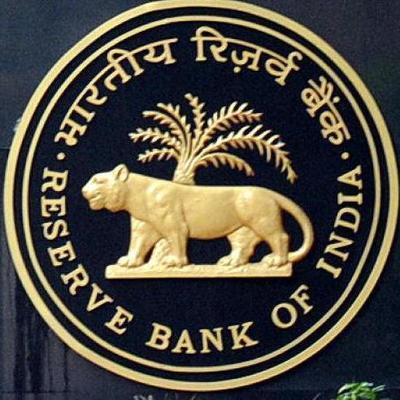
With closure of borders, travel bans and lockdown in various countries, economic activities across the globe are taking a back seat. What seemed to be a local issue is now a global pain. The global economy was already suffering from the damage caused by the trade tensions between the US and China. It was expected that the global GDP growth would mark an improvement in CY2020 with the trade issues slowly receding. However, things turned upside down with the spread of COVID-19. Various agencies have revised their projections for CY2020. As per the IMF, the global economy has already entered the phase of recession.
Traditionally, recession is defined as two consecutive quarters of negative GDP growth. The National Bureau of Economic Research (NBER) defines recession as “a significant decline in economic activity spread across the economy, lasting more than a few months, normally visible in real GDP, real income, employment, industrial production, and wholesale-retail sales”. It could be seen that almost all the components mentioned in the definition are in the downturn due the impact of COVID-19.
COVID-19 has impacted both sides of the economy, i.e. supply side and demand side. Initially, it was considered to be a supply shock with the virus spread confined to China. With the shut down of global factory, China, the focus was on how the economies across the globe would deal with the supply disruption from China. However, with the spread of virus to other countries, it could be said that the supply shocks became more severe as several factories and offices are shut globally negatively impacting output/production. Similarly, the global economy is facing a demand shock as the consumers stay at home, and reduce as well as prioritise their spending. For instance, consumer durable products would be witnessing a decline in demand, negatively impacting companies operating in this segment.
The job market will also undergo drastic change in the coming months with increasing number of job loss being reported. In the such a scenario, the rising unemployment rate would dampen income growth resulting in lower consumption rate, and consequently lower investments levels.
The Central Banks and Governments came up with various measures to stimulate and prevent the global economy from slipping to recession. Most Central Banks are in the path of a loose monetary policy, with the Federal Reserve even slashing the interest rate to a near zero percent and reviving Quantitative Easing programme. However, the effectiveness of these measures will be limited in an economy that is dealing with both supply and demand shocks. Moreover, it is the fear of the pandemic that is ruling the global economy now, and in such an environment these measures will only have a limited role to play. The foremost requirement to regain the health of the global economy is to contain the spread of the virus.










Good Article….”Moreover, it is the fear of the pandemic that is ruling the global economy now, and in such an environment these measures will only have a limited role to play.” that really sums up the situation prevailing in the economy now.